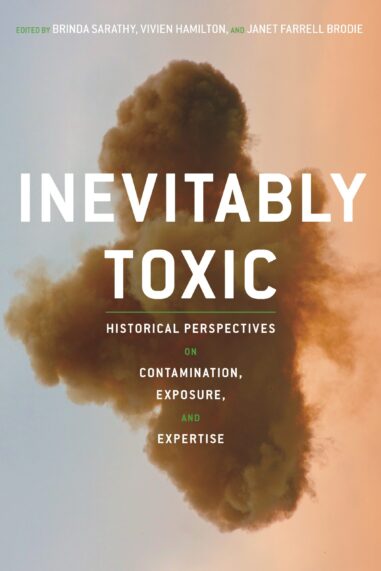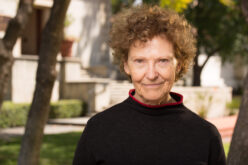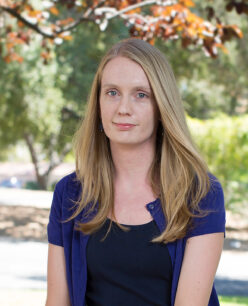

Paperback $45.00
Request Exam or Desk Copy. Request Review Copy
Inevitably Toxic
Historical Perspectives on Contamination, Exposure, and Expertise
Science can be used to both explicate and obscure the violence of toxic exposures. The scholars in this book offer us careful historical accounts that show how science has been both not enough and sometimes profoundly complicit in toxic histories, themselves undergirded by militarism, racism, and industrialism. Crucially, the essays in this book demonstrate how ubiquitous toxicity is an achievement, not an inevitability—it can and should be otherwise.



